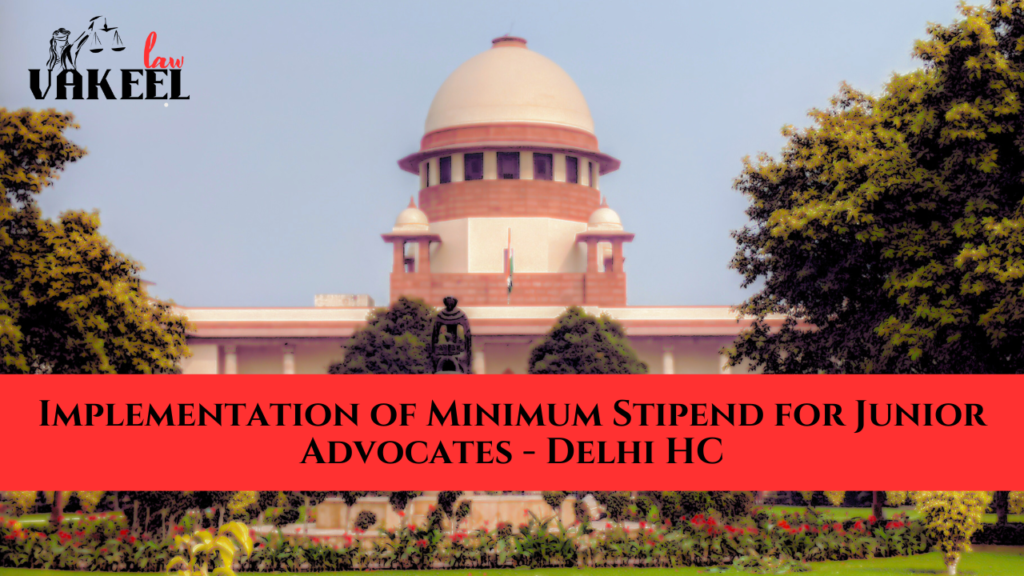In a recent case that highlights the judiciary’s firm stance on privacy and individual rights, the Delhi High Court dismissed a husband’s petition seeking a gender test of his wife. The man had approached the court, raising doubts about his wife’s gender, and requested a medical examination to confirm it. This rare request was swiftly denied by the court, which found it to be an intrusion on personal privacy.
What Led to the Petition?
The case unfolded when the husband questioned his wife’s gender, claiming that certain behavioral and physical traits led him to believe that she might not be biologically female. He sought a court-ordered medical test to “clarify” her gender identity. Such a demand, by its very nature, touches upon the sensitive and personal nature of one’s identity.
However, the Delhi High Court stood firm in rejecting the husband’s plea. The court saw the request as invasive and unnecessary, and made it clear that forcing someone to undergo a gender test is a violation of their fundamental rights, particularly the right to privacy.
Court’s Stand on Privacy and Autonomy
Justice Swarna Kanta Sharma, while delivering the verdict, stressed the importance of personal dignity and autonomy. The court cited the Right to Privacy as a crucial pillar of personal freedom, protected under Article 21 of the Indian Constitution. The judgment also leaned on the Navtej Singh Johar ruling, which recognized the autonomy of individuals in matters of gender and sexual identity, and the NALSA case that reinforced the rights of the transgender community in India.
“Gender identity is an intrinsic aspect of personal privacy, and compelling someone to submit to a medical examination to ‘prove’ their gender is a violation of that privacy,” Justice Sharma remarked. The court was unequivocal in stating that no one should be subjected to such scrutiny, particularly in the context of a marriage, where mutual respect and trust are fundamental.
Upholding Constitutional Rights in Marriage
The ruling is not only a victory for gender rights but also an assertion of individual freedom within marriage. Marriage, while a deeply personal bond, does not grant either partner the right to infringe upon the other’s personal liberties. The court underscored that marital disputes cannot be used as a pretext to erode the constitutional rights of individuals.
This case brings to light the broader issue of personal autonomy within matrimonial relationships. The judiciary’s stance sends a strong message that personal matters, including gender identity, remain personal—no partner can compel the other to undergo medical testing based on suspicions or societal norms.
The Broader Legal Perspective
The Delhi High Court’s decision serves as an important reminder of the growing awareness and legal protections surrounding gender identity in India. The judgment reaffirms that gender is a deeply personal matter, and no individual, not even a spouse, has the right to question or intrude on another’s gender identity without consent.
The decision also builds on the judiciary’s progressive views, reinforcing that the law must protect individual dignity. As India continues to advance in its understanding and protection of LGBTQ+ rights, rulings like this contribute to safeguarding individuals against unnecessary public scrutiny and medical intervention.
A Case with Lasting Impact
This ruling will likely serve as a precedent for future cases where gender or personal identity is questioned in matrimonial or other personal disputes. It fortifies the idea that privacy and personal rights cannot be compromised, even in close relationships like marriage. Moreover, it ensures that the legal system will act as a shield to protect individuals from unjustified demands that violate their constitutional freedoms.
Final Thoughts
The Delhi High Court’s refusal to entertain the husband’s unusual request sends a clear message about the sanctity of privacy and personal dignity. Marriage may be a partnership, but it does not give one partner the right to impose such invasive demands on the other. This case is yet another example of how the judiciary continues to evolve and protect individual freedoms in the modern age, reaffirming that personal rights are non-negotiable.




